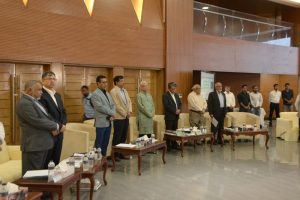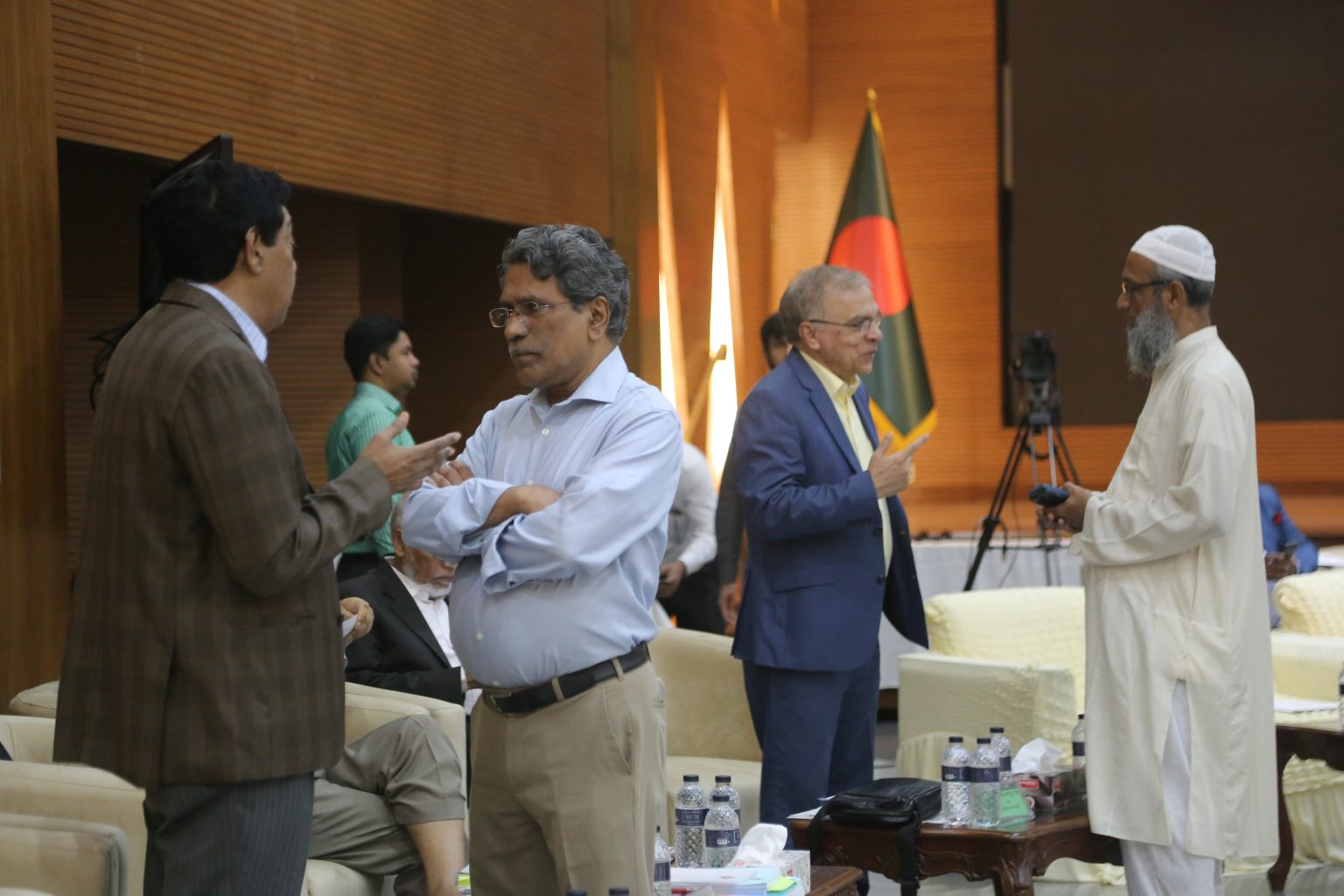Although political parties in broadly agree on the need to reinstate a non-partisan caretaker government during elections, they remain sharply divided on its structure, particularly on how the Chief Adviser of such a government should be appointed.
Initially, the Constitutional Reform Commission had proposed the formation of the caretaker government through a National Constitutional Council (NCC), but this idea was dropped following consultations with political parties. In its place, new proposals have emerged from the BNP, Jamaat-e-Islami, and the National Citizen Party (NCP), each offering distinct mechanisms for appointing the Chief Adviser.
The BNP’s proposal is structured around five alternative methods.

Its first option allows the President to appoint a qualified individual through consultation with parliamentary parties.
If that fails, a committee comprising the Prime Minister, the Opposition Leader, the Speaker, and Deputy Speaker, chaired by the President but without giving him voting rights, would select the Chief Adviser.
Failing that, a third option adds a representative from the third-largest parliamentary party, this time giving the President voting power.
The fourth option includes representatives from all parties that secured at least 5% of the vote.
The final option suggests a return to the caretaker framework of the 13th constitutional amendment, though most parties already agree that the President should not head such a government. However, as a last resort, BNP allows room for reconsidering the President’s role.
Jamaat-e-Islami has offered multiple models.
Their first option envisions a three-member selection panel composed of the Chief Justice, the Prime Minister, and the Opposition Leader, chaired by the Chief Justice. Parliamentary parties would propose a list of neutral candidates to this panel, which would then select one for the President to appoint.
The second model outlines a parliamentary committee overseen by the Speaker and includes key figures from both the ruling and opposition parties.
If consensus cannot be reached within three days, a list of 13 neutral individuals (five from the ruling party, five from the main opposition, and three from other opposition parties) would be submitted, from which one would be selected.

If both models fail, Jamaat proposes reinstating the 13th amendment but explicitly excludes giving the President the additional role of Chief Adviser. Their proposal also mandates that a non-partisan government must be formed within 24 to 48 hours of parliament being dissolved.
NCP suggests forming an 11-member all-party committee at least three weeks before the dissolution of parliament, with membership proportional to vote share. Only parties with at least 5% of the vote would be eligible. Each of the ruling party, the main opposition, and other opposition parties would nominate three candidates, totalling nine. The names would be made public. The all-party committee would finalise one name through an 8-3 majority vote.
If no consensus emerges, the upper house would elect the Chief Adviser using a ranked-choice voting system.
All three proposals notably avoid granting full discretion to the President, indicating a consensus against executive overreach. BNP and Jamaat’s models focus more on sequential fallback mechanisms and political power-sharing, whereas NCP prioritises procedural transparency and proportional representation. NCP’s suggestion to publicly disclose candidate names and to use ranked voting is a modern and participatory approach, potentially fostering greater public trust.
The National Consensus Commission has been trying to reach an agreement. So far, the only broad indication is a return to the caretaker government framework under the 13th constitutional amendment, as both the BNP and Jamaat have kept it as a final alternative option.


